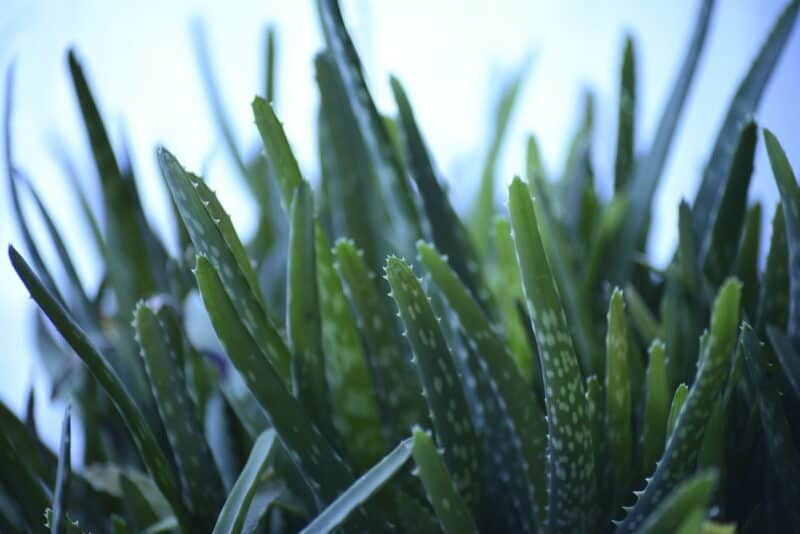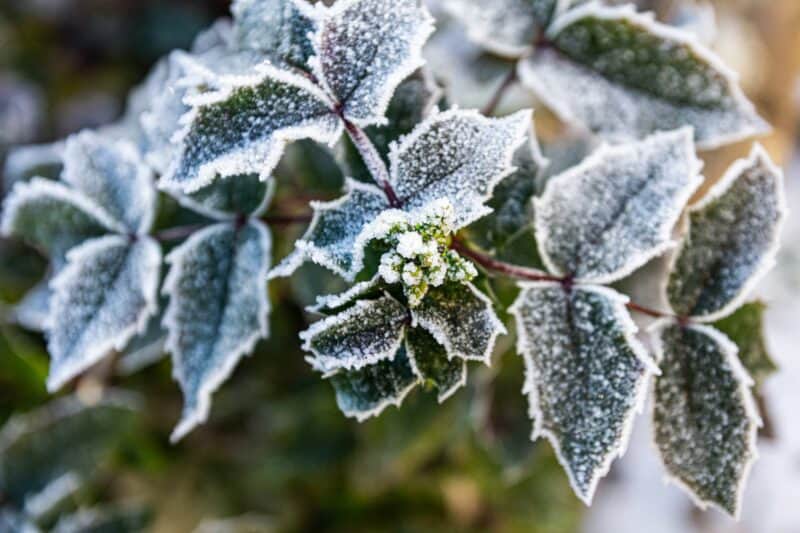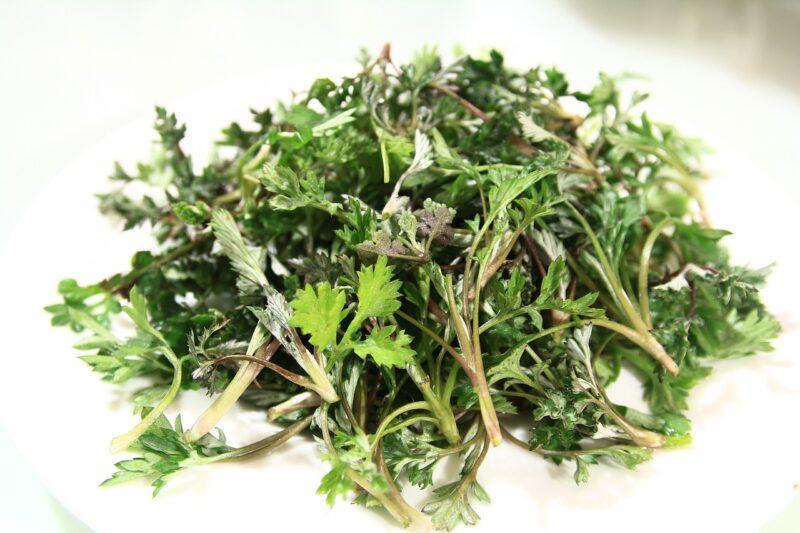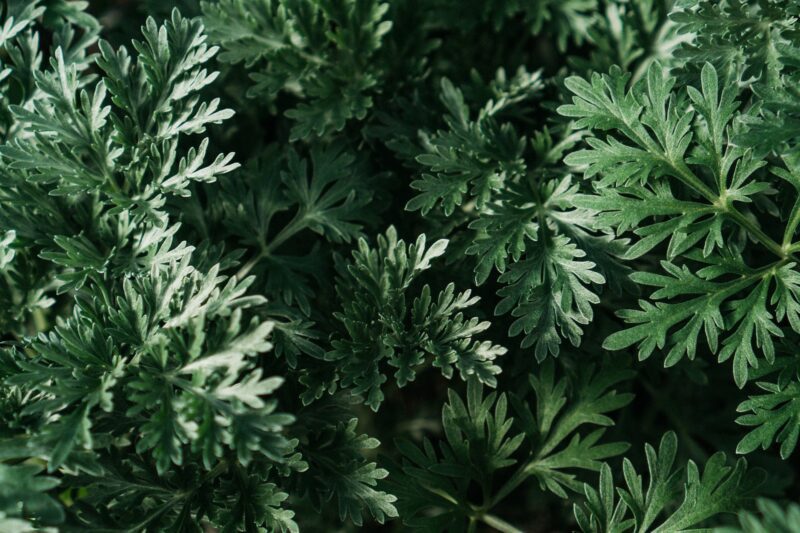Many types of Mentha species, also known as mints, are used to flavor anything from appetizers to sweets. Peppermint (M. x Piperita) and spearmint (M. spicata) are the most well-known species in North America, and both are highly valued for commercial purposes. Mint is a symbol of hospitality that may be cultivated both indoors and out in pots and containers. Mint should be grown with a barrier around the roots in the garden since it can be very invasive. Because most mints do not germinate from seed, it is preferable to buy plants from a nursery or garden center. Vitamin C and pro-vitamin A are found in fresh mints. We will be talking about peppermint in this blog article.
The history of peppermint dates back to 1500 B.C. Although some evidence suggests that peppermint originated in Northern Africa, historical medical literature may certainly date the herb back to ancient Egypt (c. 1550 B.C.), where evidence suggests that people there employed it to treat gastrointestinal problems. Since those early times, peppermint has been used historically to help with a variety of ailments, including better digestion, breath refreshing, and increased focus. In magic, peppermint is utilized for prosperity, psychic growth, spiritual amplification, and protection.
Within the Mentha species, there are more than 25 different plant variants, including peppermint. It belongs to the Lamiaceae plant family, which has more than 7,000 different species. Because of their distinctive blossoms and distinctively square stems, members of the mint family are easily identified. Peppermint is a naturally occurring cross between water mint and spearmint, which has substantially less mint flavor (which grows in aquatic environments and is much more potent). If peppermint is not properly cared for, it may spread quickly and resemble a weed.
The number 133 is peppermint’s sacred number.
The herb of preparation is peppermint. When you need to unwind, use peppermint to conserve your energy for the challenging journey ahead. Peppermint encourages you to avoid wasting time on pointless activities. Instead, reserve that energy for activities that advance your welfare and life’s objectives.
Venus rules over peppermint, which may help to explain why it’s used in charms for psychic development, love, and spiritual advancement. It is a herb that aids in promoting prophetic dreams and encourages one to prepare for upcoming events that might call for high levels of energy focus.
Mint tea might help to calm an upset stomach. In 1 cup (250 mL) boiling water, steep 1 teaspoon (5 mL) of dried leaves or 3 teaspoons (15 mL) of crushed fresh leaves. Steep until the desired flavor is achieved. Mint leaves can also be dried or frozen in butter, oil, or ice cubes.
Benefits of Peppermint
An extremely potent natural painkiller and muscle relaxant is peppermint essential oil. Additionally, it provides cooling, energizing, and antispasmodic effects. In particular, peppermint oil is beneficial for easing tension headache symptoms.
Apply 2-3 drops of peppermint oil topically three times per day to the area that is bothering you to relieve discomfort. It’s also a terrific idea to combine peppermint and lavender oil to aid in body relaxation and ease muscle pain.
Diffused peppermint oil helps relieve a scratchy throat and helps clear up your sinuses. One of the greatest essential oils for colds, the flu, cough, sinusitis, asthma, bronchitis, and other respiratory diseases, peppermint works as an expectorant to expand your airways, remove mucus, and reduce congestion.
During allergy season, peppermint oil can help rid your respiratory system of debris and pollen by relaxing the muscles in your nasal passages. Due to its expectorant, anti-inflammatory, and energizing qualities, it is regarded as one of the best essential oils for allergies.
Apply 2-3 drops of peppermint oil topically to your temples, chest, and back of your neck to help reduce the symptoms of seasonal allergies. You may also diffuse peppermint and eucalyptus oil at home.
Irritable bowel syndrome can be successfully treated** organically with peppermint oil capsules (IBS). In addition to relaxing the muscles in your intestines and reducing colon spasms, peppermint oil can also help you feel less bloated and gassy.
Breath freshening with peppermint oil has been practiced for years. This is most likely a result of peppermint oil’s ability to eliminate germs and fungi that can cause cavities and infections.
Because it may naturally thicken and restore damaged hair, peppermint oil is actually a common ingredient in high-quality hair care products. It aids in stimulating the scalp and energizing the mind, and it can be used as a natural remedy for hair loss.
The itching can be soothed with peppermint. According to studies, peppermint oil’s menthol component prevents itching. Apply 2-3 drops of peppermint oil topically to the itchy area, or add 5–10 drops to a warm water bath, to help reduce irritation.
Using this oil can improve skin health. When used topically on the skin, peppermint oil provides relaxing, softening, toning, and anti-inflammatory benefits. Additionally, peppermint oil has antibacterial and antiseptic qualities.
Healing with Peppermint
- Since peppermint has such a powerful, fresh aroma, it is frequently connected with the Elemental Air.
- Peppermint is an Air herb that can be used for wind magic, visualization, and divination.
- Although peppermint is frequently used in love magick and is thought to be an aphrodisiac, other people believe it to be a Venus herb.
- Keep peppermint throughout the house to ward off evil spirits and energies, especially at the front or back doors.
- It makes sense that this magickal herb is occasionally used in charms for protection in legal situations, an area over which Jupiter has authority, as peppermint also includes the planetary metal for Jupiter (tin).
- The benefits of peppermint include improved intuition, “third eye” awareness, and restful sleep.
- The best herb for wealth and fortune is peppermint. To attract good fortune, money, and financial success, place it near your office or use it in a ceremony for success or money. Carry peppermint in your pocket or handbag to attract wealth.
- Peppermint is used as an “enhancing” herb in many rituals because it raises the vibrations in a room or in spells.
- Peppermint can boost internal energy, enhancing vitality and insightful conversation in addition to enhancing the energy of spells and rituals.
- It is frequently used in incense for healing, purification, and cleansing.
- Peppermint is a fantastic help for rest and relaxation when combined with other relaxing herbs like lavender. Additionally, it may promote prophetic dreams and daydreams.
- worn at the wrist to ward off disease.
- On your altar, fresh peppermint will draw positive spirits.
- attracts clients to a business.
- Stuff a green poppet with dried leaves for healing.
- Use peppermint on the altar to call on benevolent spirits to aid your magic.
This website’s information is not intended to replace expert medical advice. All of the content on this website, including details about illnesses, medications, and treatments, is provided solely for informational purposes. Before beginning any alternative treatments, diets, supplements, or fitness regimens, please see a medical practitioner.





